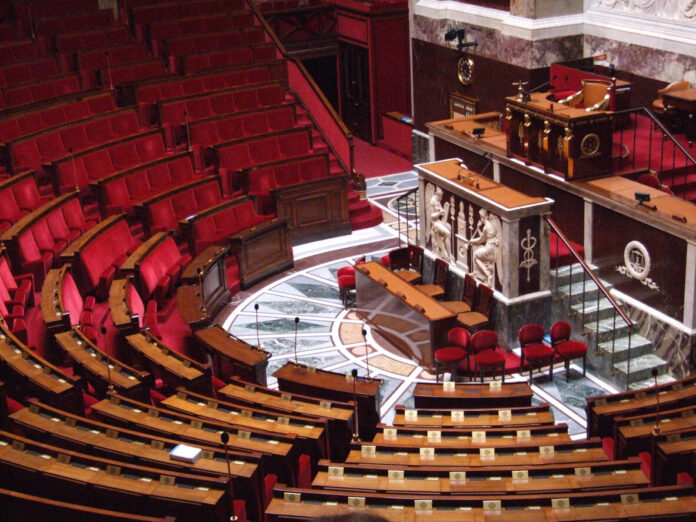While months of debate have just passed, the pension reform is still not unanimous among the French, the unions or even the members of the opposition. After an impossible vote in the National Assembly and, despite the support of the Senate, the government of Elisabeth Borne had to use article 49.3 to forcefully impose a controversial pension reform. With nine votes, the two motions of censure proposed were ultimately not voted on and the pension reform is now considered adopted. However, the executive must face many storms and manage a social mobilization that does not want to give up the battle. Here are all the obstacles the government now faces.
Despite the rejection of the two no-confidence motions launched after the use of Article 49.3, things are still unclear and difficult for the government, which must face a large-scale crisis. While the annoyance had already been visible for several weeks with long days of demonstrations, the triggering of article 49.3 to vote for the pension reform plunged the French into a black anger.
Faced with an inflexible majority and a President of the Republic who is determined to implement this pension reform, many French people have chosen to participate in wild demonstrations. Every evening, in the streets of several major cities in France, thousands of people gather to demonstrate against this controversial law. This Thursday, March 22, it is a new day of demonstrations which awaits the country for a strike announced as very followed in a large number of sectors.
In parallel with this tireless social mobilization and while the nocturnal demonstrations raise fears of increasingly strong tensions, the government will also have to manage an expected passage before the Constitutional Council. Prime Minister Elisabeth Borne thus announced that she had seized him so that he could examine the text “as soon as possible”. In terms of form, the text could thus be censored in its entirety due to an unconstrained 50-day debate or even to denounce a lack of clarity in the debates. Despite the relative rarity of this situation, as reported by Capital, it cannot be entirely ruled out.
A partial censorship of the text seems more likely, if a halt is to be brought to this pension reform. The Constitutional Council can thus express its disagreement with certain measures that are unnecessary within the law. Thus, as Benjamin Morel, lecturer at the University of Paris 2 Panthéon-Assas, explains, “the measures taken in a financing bill are very framed [and] must necessarily have effects on the accounts”. A measure such as the senior index could thus pose a problem during this examination of the text.
While the Constitutional Council must decide, the Nupes has also decided to react by initiating a procedure devoted to a referendum of shared initiative (RIP). In this way, the party intends to “affirm that the legal retirement age cannot be set beyond 62 years”. This Monday, 252 parliamentarians, both deputies and senators, chose to support this request. It is now necessary that the Elders can meet and study the admissibility of this referendum.
If the device promises to be long and complex, the members of the opposition intend to fight this battle to the end. In the event that the Constitutional Council agrees to this procedure, the government could find itself in an unfortunate position, where the law would have the possibility of being repealed. It would therefore be necessary for 10% of the electorate to be able to sign this proposal within 9 months, i.e. 4.9 million voters. 6 months of examination would then be necessary for Parliament to examine the new text. In this case, the battle over pension reform could therefore last a long time.















